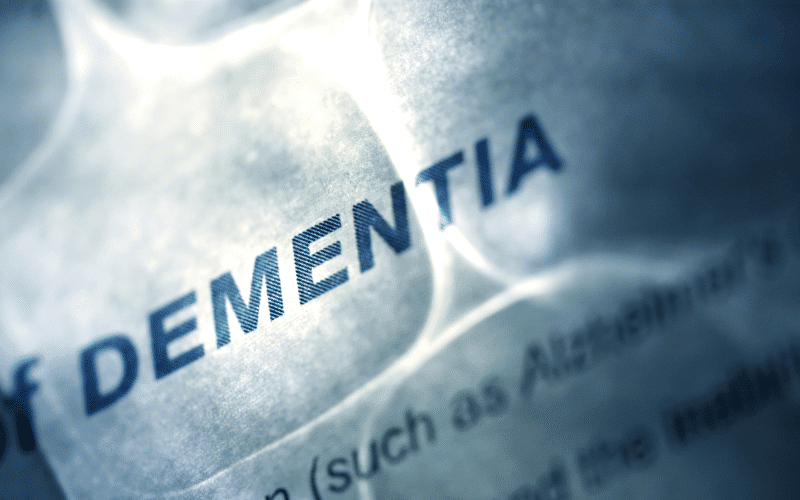Introduction: Staging the Scene of Mind’s Illusion

Mental health has become a beacon of global concern. In the midst of this shift, a deeper comprehension of complex conditions like dementia is increasingly pertinent. Dementia presents a confluence of symptoms more diverse and multifaceted than what meets the eye, manifesting in more than just forgetfulness. Of these, the occurrence of hallucinations stands out as particularly intriguing.
As we navigate this often misunderstood relationship, it becomes essential to sift through the confusion and shine a light on the darker corners. Dementia, in all its complexity, demands a measured approach, an understanding that stems from acknowledging its multiple dimensions. One of these dimensions leads us to a symptom often overshadowed by the more known facets – hallucinations.
The intersection of dementia and hallucinations is a profound one. Although not every individual with dementia experiences this symptom, it is a significant part of the dementia journey for many. This article aims to dissect this fascinating interplay, illuminating the various aspects that underpin the relationship between dementia and hallucinations.
In an effort to paint a clearer picture, we present 15 essential facts about dementia and hallucinations. By delving into the details and complexities of this association, we hope to encourage a more nuanced understanding of this intricate condition.
Fact 1. Dementia: Beyond the Veil of Memory Loss

Dementia often gets pigeonholed into a single symptom – memory loss. But in reality, it’s akin to an iceberg, with most of its bulk hidden under the water’s surface. Dementia encompasses a variety of symptoms that go beyond memory impairment. Think of it as an intricate constellation, each star representing a different symptom such as changes in personality, difficulties with language, or problems with problem-solving.
While these cognitive abilities slowly erode, other less familiar symptoms begin to surface. Hallucinations, for instance, might seem an unlikely companion to dementia, but they often intertwine in a dance of disarray. They might be overshadowed by the prominence of memory loss, but hallucinations play a pivotal role in the dementia journey for many individuals.
Hallucinations can be quite a puzzling piece of the dementia jigsaw. They are experiences that involve perceiving things that aren’t present in reality, such as sounds or visuals. They can be mild and harmless, or they can escalate into disturbing experiences, adding a layer of complexity to the management of dementia.
So, when we peel back the layers of dementia, it’s not just about forgetfulness. It’s a complex tableau of symptoms, where memory loss, cognitive decline, and hallucinations intermingle, each adding a stroke of complexity to the overall picture. (1)